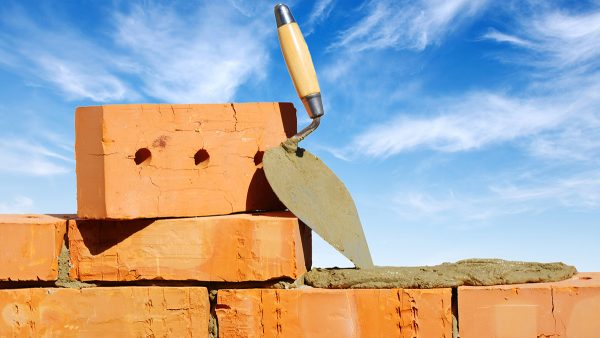Is masonry better than concrete?

Concrete and masonry have been around for thousands of years. You can often see them side-by-side in brick buildings with concrete foundations. Nevertheless, some buildings are better suited for masonry over concrete. Review this comparison to determine which material is right for you.
Difference between masonry and concrete
Concrete is a continual slab of material. It is typically poured on site and left to cure. In its liquid state, concrete can be poured in almost any shape, but it becomes rigid when it dries.
Masonry involves individual units that are bound together with mortar. The units may be stone, brick, or concrete blocks. Both construction styles are durable and widely used, but one may address your needs more than the other.
Benefits of masonry over concrete
In some instances, masonry is easier to repair than concrete. This is because masonry uses a combination of individual units. Damage may be isolated to a certain area, and those individual units can be addressed. With concrete damage, repairs are more extensive, costly, and labor-intensive.
Masonry also offers flexibility with construction. The materials can be laid in sections over the course of several days, rather than being poured in one session. The blocks can be mixed and matched to create the desired look. With colored concrete, it’s difficult to match one batch to the next.
Masonry may cost a bit more upfront to install, but the long-term maintenance savings may outweigh that expense.
Benefits of concrete over masonry
Concrete can be poured into unique shapes, including curves and sharp corners. These looks may be difficult or impossible to achieve with masonry. Concrete looks like one seamless slab, whereas masonry may look ‘busy’ in certain installations.
Concrete may be less expensive than masonry, depending on the scope of the project. It is mold and pest resistant, just like masonry, and it can be poured to a smooth or rough finish. Concrete needs strategic joint lines to control and prevent cracks, but these joints are as easy to maintain as masonry mortar.
How to choose the right building material for your property
When it comes time to choose your construction material, consider these factors:
- Budget
- Time constraints
- Long-term maintenance and repair costs
- Longevity based on the soil type and climate in your area
- Weight capacity
- Availability of labor and materials
The COVID-19 pandemic had a ripple effect in the construction industry, and those ripples may impact which option works best for your building. Evaluate when materials and labor are available to find the right balance for your needs.
